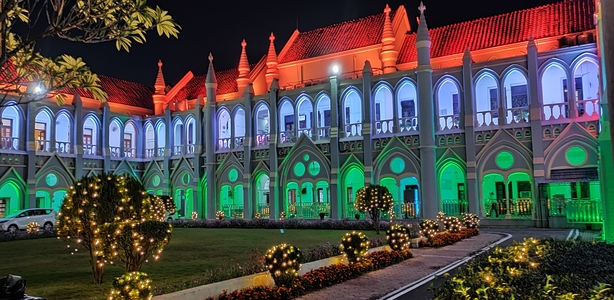Jahanvi Agarwal
The Madhya Pradesh High Court recently ruled that a marriage between a Muslim man and a Hindu woman is not valid under Muslim personal law, even if it is registered under the Special Marriage Act, 1954. This decision came after a couple sought police protection to register their inter-faith marriage.
Justice Gurpal Singh Ahluwalia stated, “As per Mahomedan law, the marriage of a Muslim boy with a girl who is an idolatress, or a fire-worshipper, is not a valid marriage.” He further explained that despite being registered under the Special Marriage Act, such a marriage would be considered an “irregular (fasid) marriage” under Muslim personal law.
The couple, represented by their lawyer Dinesh Kumar Upadhayay, approached the court after the woman’s family opposed their relationship and accused her of taking jewellery from home when she left to marry her partner.
Adv. Upadhayay argued that their marriage would be valid under the Special Marriage Act, which he claimed should override personal law restrictions. However, the court disagreed, emphasizing, “Marriage under Special Marriage Act would not legalize the marriage which otherwise is prohibited under personal law.”
The court cited Section 4 of the Special Marriage Act, noting that the parties must not be in a prohibited relationship for the marriage to be valid. Given that the couple neither wanted to live together without being married nor wished to convert religions, the court dismissed their petition. The ruling concluded with the statement, “Under these circumstances, this court is of the considered opinion that no case is made out warranting interference.”

